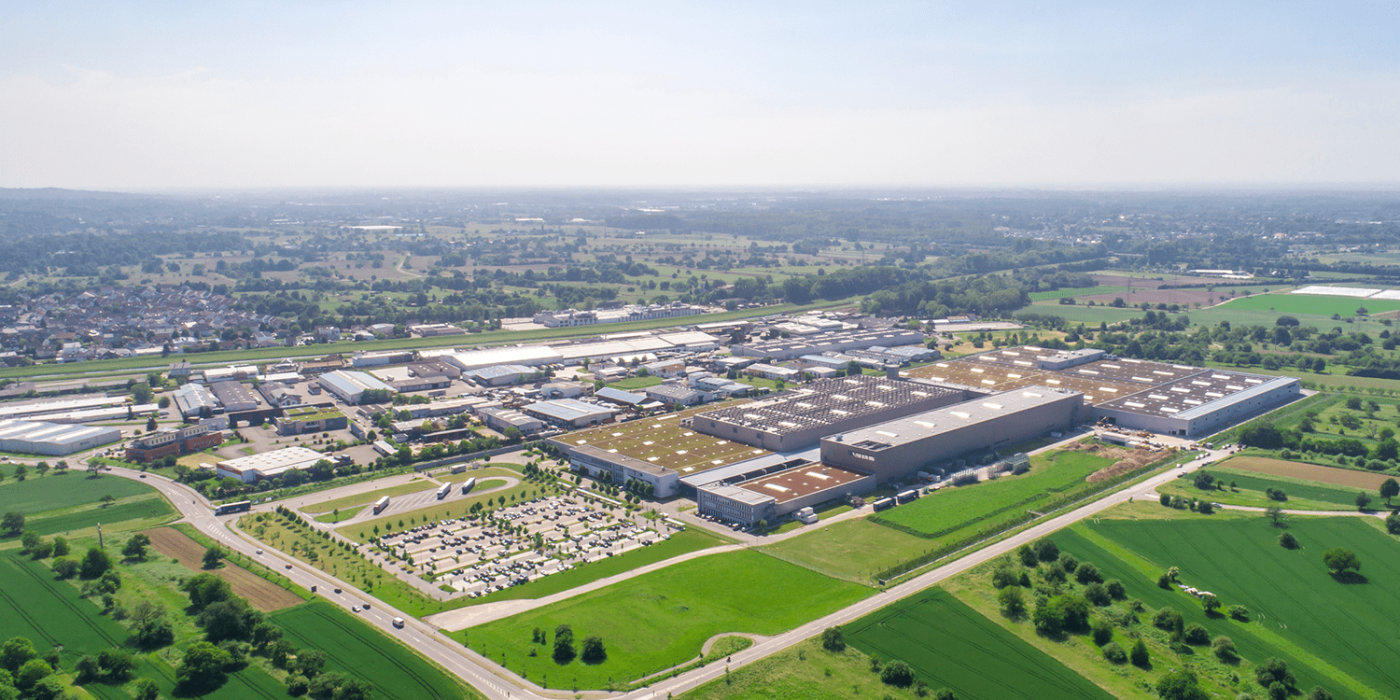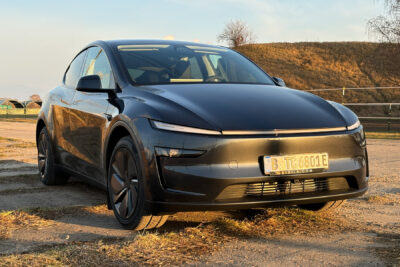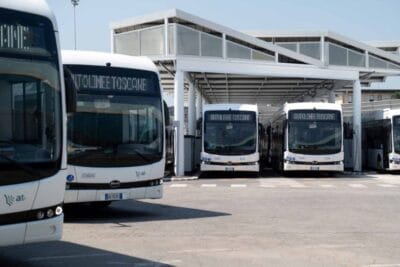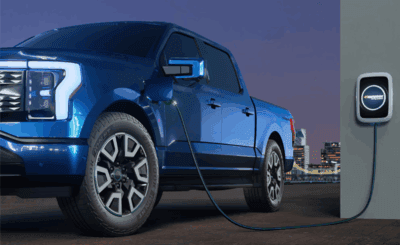Battery recycling project to take off with Mercedes in Germany
The German Federal Ministry for Economic Affairs and Climate Protection (BMWK) funds the development of a holistic recycling approach for lithium-ion batteries with 16.66 million euros as part of the LiBinfinity project.
Specifically, the funding will go to a consortium led by Licular GmbH. Licular GmbH is a joint venture of Mercedes-Benz Group AG and Daimler Truck Holding AG – the now independently operating parts of the former Daimler AG had announced the foundation of Licular in the spin-off and spin-off report. In addition to Licular’s shareholding, Mercedes-Benz and Daimler Truck also have a direct stake in LiBinfinity. Other project partners include Primobius, the SMS Group, TU Clausthal, KIT and TU Berlin.
The partners want to build a recycling pilot plant at the Mercedes-Benz site in Kuppenheim to enable efficient recycling management of battery materials. More specifically, the focus is on developing a mechanical-hydrometallurgical process, which, according to the BMWK, completely dispenses with energy-intensive process steps. In the process, the battery is dismantled and pre-sorted – aluminium, such as the battery housing, can be reprocessed directly. Materials that cannot be easily separated mechanically are then split back into the original materials with the help of water and chemicals. This applies, for example, to the cathodes and anodes, where the active materials have to be separated from the carrier foils, and the valuable raw materials such as lithium, nickel, cobalt, or manganese have to be reprocessed according to type. With the hydrometallurgical process, much higher recycling rates can be achieved than with the pyrometallurgical process, i.e. the energy-intensive melting of the battery.
LiBinfinity, however, is intended to go beyond reprocessing the material. A fully comprehensive approach is being developed – from the development of logistics concepts to the reintegration of recyclate into the life cycle of the battery.
With the ministry’s announcement, further key data on the pilot plant in Kuppenheim are now known: It is to have an annual capacity of 2,500 tonnes. So far, Mercedes had only confirmed rumours that it was planning a pilot recycling plant in Kuppenheim – but had not given any details about the scope. Whether the later factory for recycling on a larger scale will also be built in Kuppenheim remains open. According to earlier information, it should be constructed elsewhere for space reasons.
The project partners want to use recycling not only to increase the sustainability of the batteries but also to prepare for future targets. According to the BMWK, the targets proposed by the EU Commission as part of the EU battery regulation (which is currently still being voted on in the European trilogue procedure) will “lead to extensive investments in new recycling capacities and technologies”. From 2031, for example, recyclate quotas are to apply to large traction and industrial batteries. This means that a certain minimum amount of recycled cobalt, lithium and nickel must be used in the new production of lithium-ion batteries.
“In battery production, closed raw material cycles are our goal: traction batteries should be reused in cars after their first use and recycled at the end of the product. This increases the ecological benefits of electromobility, reduces Europe’s dependence on raw materials and takes account of social concerns in the value chain,” says Michael Kellner, Parliamentary State Secretary at the BMWK. “To achieve this, the establishment of recycling capacities and the development of innovative processes for recovering raw materials from lithium-ion batteries are central – and we are promoting both with this project.”
Update 01 September 2022
Karlsruhe Institute of Technology (KIT) has announced the start of the project LiBinfinity. In LiBinfinity, partners from research and industry are developing an approach that ranges from logistics concepts to the reintegration of recyclates into the life cycle of the battery.
They are developing a mechanical-hydrometallurgical process that does not require energy-intensive process steps and enables higher recycling rates: materials that cannot be separated mechanically are broken down at relatively low temperatures with the help of water and chemicals.
In LiBinfinity, KIT takes on the task of testing the recyclates, i.e. the recovered materials, for their suitability as starting materials for producing new batteries.
The KIT also confirmed that the planned recycling pilot plant will have an annual capacity of 2,500 tonnes and is under construction at the Mercedes-Benz site in Kuppenheim.
With reporting by Sebastian Schaal, Germany.





0 Comments